Artifact-based Computing
& User Research
What We Do
Recent advances in sensing, processing, and machine learning are expected to gradually transition our world into a new era where machines take initiative and proactively approach their users, while gradually fading into sensitive application areas with societal and ethical consequences. This development is propelled by new modalities of interaction, such as voice, virtual/augmented reality, emerging sensing opportunities introspecting users and new capabilities of predicting user needs and intentions.
Main research focus
- Research through design in transdisciplinary settings
- AI-driven assistance and companion systems
- Human-machine and human-AI cooperation in a variety of contexts
- Adaptive and attention-aware information systems
- Explainability, transparency, and accountability of AI systems
- New interaction modalities such as voice and AR/VR
- Human-centered design in all stages from ideation to implementation – contextual design thinking in doing
- User experience design
- Co-creation of common artifacts – analog and digital
- Quantitative and qualitative evaluation of digital artifacts
- Societal, ethical, and gender-related implications of emerging technologies
- Community building and engagement by design and through design-related activities
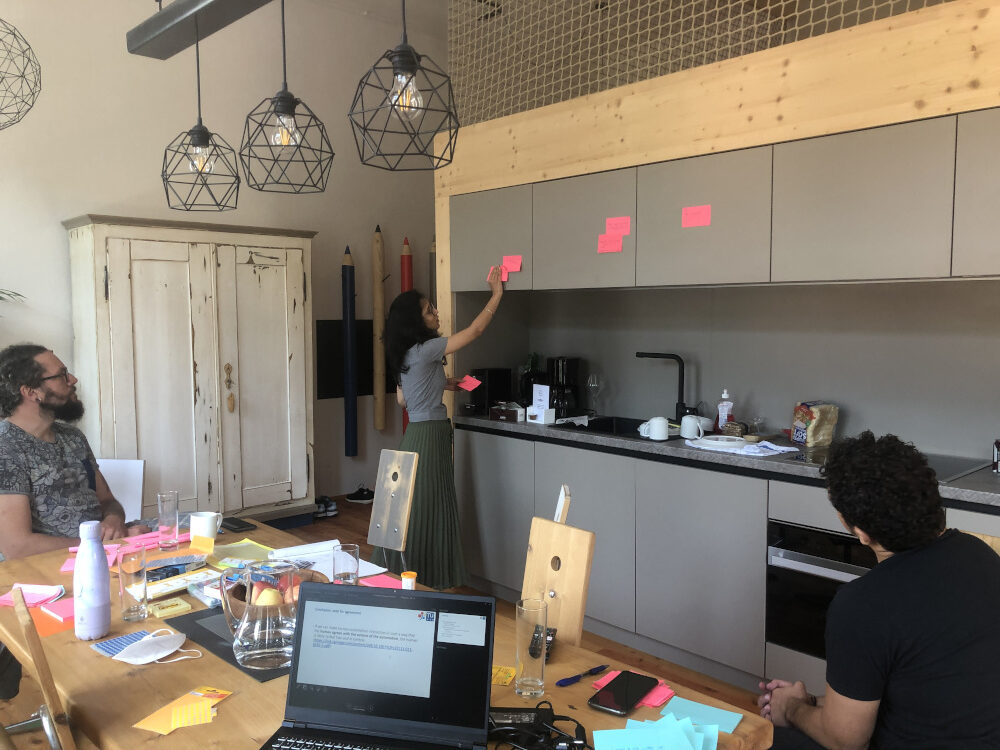
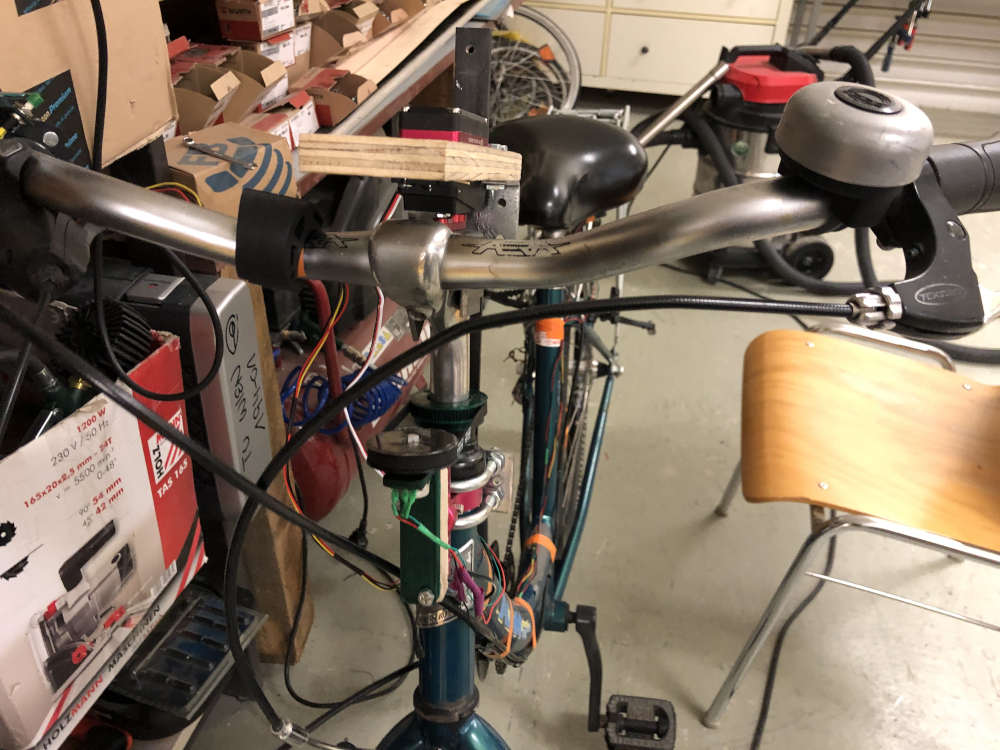
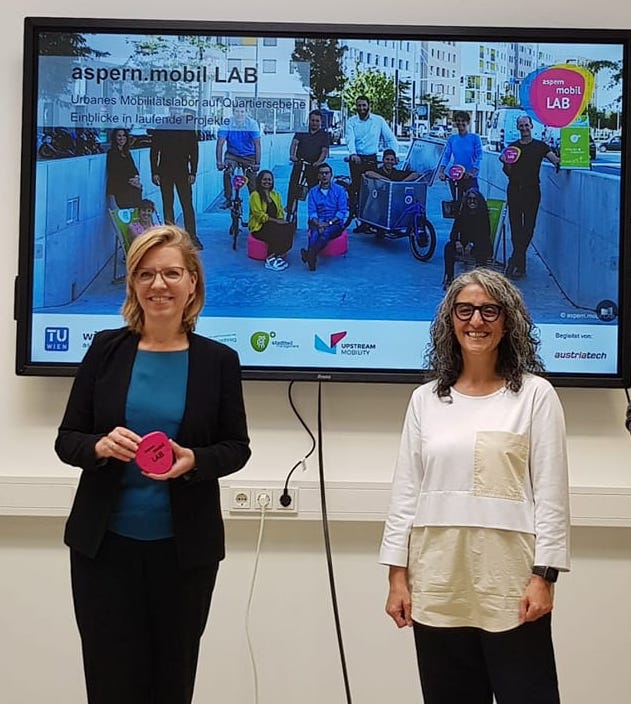
News
Artifact-based Design Student Projects Exhibition
The student exhibition explores water challenges through tangible artifacts and interactive design projects. By transforming complex and often invisible water-related issues into physical, experiential works, students invite the public to see, touch, and reflect on the realities of water today.
193.161 Artifact-based Design
Date & Time: January 28, 2026 | 12:00–15:00
Location: Festsaal (AA0148 map)
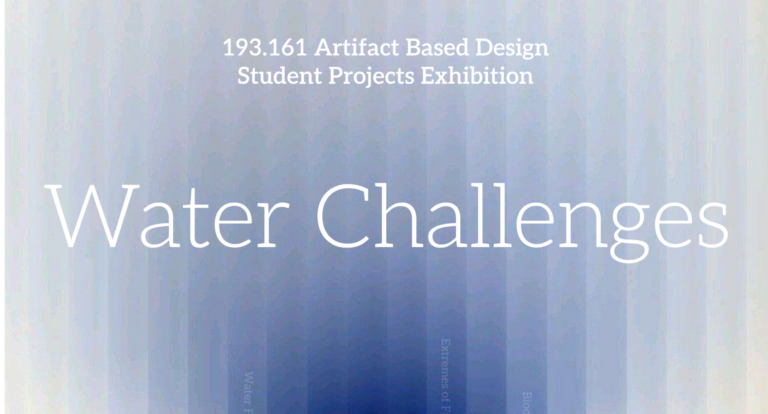
S+T+ARTS “Aqua Motion” Open Call for Artistic Residencies
Inviting artists to engage in interdisciplinary residencies that explore pressing water-related challenges in Europe. [more]
Application Deadline: June 13, 2025 (end)
Jury Pitch Day of TU Wien: June 27 and 30 , 2025 (end)
Project Website
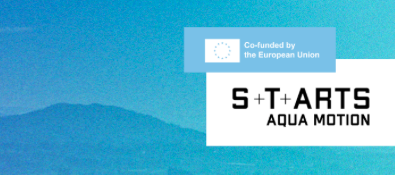
Seminar on Creativity and Infrastructuring
Seminar with presentations and discussions
Hilda Tellioglu (Co-organizer), supported by CTS
30.11.2023, Vienna, Austria [more]

Co-Creation Practices & Technologies for Open Urban Planning
A workshop at the 11th International Conference on Communities & Technologies
Hilda Tellioglu (Co-organizer), supported by EUSSET
30.05.2023, Lahti, Finland [more]

Recent Publications
(Use the scroll bar on the right, or click “More” to see the dedicated page)
STE[A+]MSTEAM - STEM - stART ´em
A Doctorate College to identify the challenges of inclusive, meaningful, and effective STEM teaching and to meet them through the innovative possibilities of the fields of computer science/technology and art/art education. The individual dissertation topics first capture the current status in the Austrian education and school landscape and then derive new interventions with the help of innovative processes from computer science, architecture, art, and education in order to evaluate the further potential of various approaches.
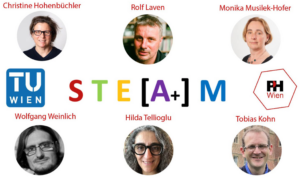
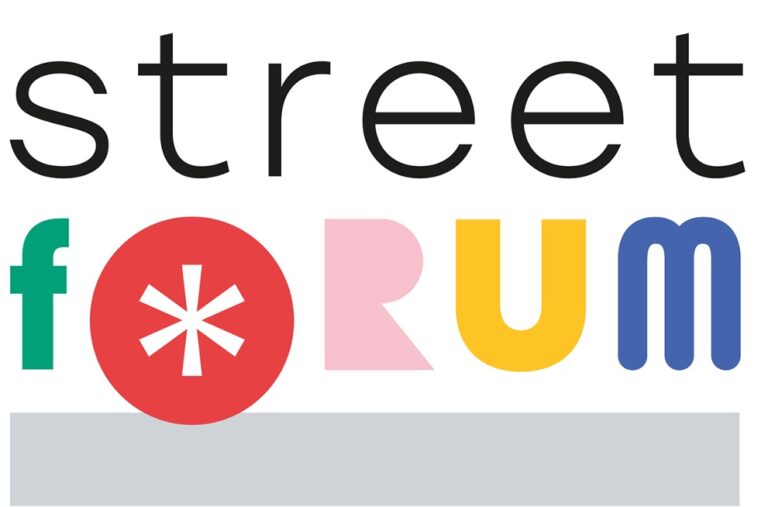
StreetForum
Transforming streets into accessible urban oases through consensus building with digital and analogue tools – The transformation of neighbourhoods from car-dominated to people-centred places requires the consensus of multiple stakeholders. Consensus can be built by developing a common understanding of the local issues, building trust among stakeholders, empowerment of local communities to act on their own issues and raising awareness of the long-term impacts of street interventions. The project will develop the StreetForum Toolkit to help urban authorities, citizens and civic organisations to build consensus around street transformation projects affecting accessibility in urban neighbourhoods.
Human-Robot Collaboration
Exploring the different ways we can improve collaboration between man and machine, while leveraging their individual strengths.
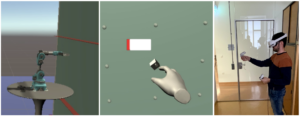
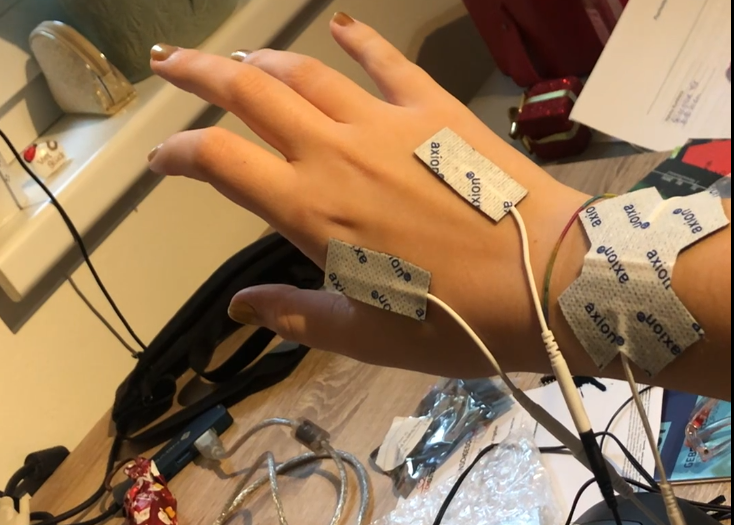
motor learning
Haptic interactions such as Electric muscle stimulation (EMS) need an understanding of parameters concerning the design of bodily integration systems, and ways to promote appropriate experiences. We investigate the elements that may influence an EMS system’s user experience, notably the user acceptance with having the body actuated, as well as the relationship with motor learning.
eternity bike
We develop and evaluate the implementation of a self-balancing assisted bicycle, with the aim to integrate safety features, devices and add connected driving features. So far, we have developed a high-fidelity VR bicycle simulator to conduct realistic studies with human participants
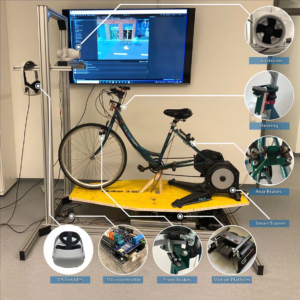
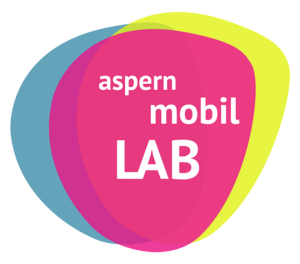
aspern.mobil LAB
The aspern.mobil LAB creates a space where residents, researchers, municipalities and companies can collectively contribute to the development of new, urban mobility in Seestadt Aspern. It aims to locally establish and support a new culture of mobility and innovation that can become a local flagship project for Austria as a location for innovation. Mobility and innovation culture should be carried by the community emerging around aspern.mobili LAB. The lab serves as an infrastructure for research and development. The core areas of innovative mobility solutions include active mobility, shared mobility as a service, as well as first/last-mile logistics and the analysis of their spatial, economic, ecological and social added value.
SmartHubs
The SmartHubs project examines mobility hubs, dedicated on-street locations where citizens can choose from different shared and sustainable mobility options. The main objective is to assess if a co-designed, user-centric development can enable mobility hubs to act as a game changer towards inclusive sustainable urban mobility and accessibility. SmartHubs will examine, develop and apply research methods and tools in SmartHubs Living Labs in Brussels, Rotterdam-the Hague metropolitan region, Munich, Vienna and Istanbul.

Theses
Open Theses:
Digital Dentist – Investigating the processes involved between patient and dentist (Bachelor)
Interactive turn-off guard for cyclists (Diploma)
Investigating Rotational Motion in Virtual Reality Bicycle Simulators (Diploma)
Physically Realistic Force Simulation for a VR Bicycle Simulator (Bachelor | Diploma)
“Green Fifteen” –Concept of dynamic grouping of cyclists in traffic (Bachelor)
OpenIBC: Circuit Design for Intra-Body Communication (Diploma)
Teaching
2025W
- Artifact-based Design / 193.161 / VU
- Bachelor Thesis for Informatics and Business Informatics / 187.A99 / PR
- Bachelor with Honors Internship Project / 180.780 / PR
- Change Management / 187.A15 / VU
- Design and Fabrication / 193.132 / VU
- Design Thinking: Ideation / 187.B09 / VU
- Digital Transformation / 193.084 / VO
- Embodied Systems: A Human-Drone Interaction Perspective / 193.164 / PR
- Embodied Systems: A Human-Drone Interaction Perspective / 193.163 / VU
- Human-Centered AI / 193.162 / VU
- Orientation Bachelor with Honors of Informatics and Business Informatics / 180.767 / SE
- Orientation Informatics and Business Informatics / 180.766 / VU
- Project in Computer Science 1 / 193.117 / PR
- Project in Computer Science 2 / 193.118 / PR
- Project in Visual Computing 1 / 193.023 / PR
- Project Media and Human-Centered Computing 1 / 193.021 / PR
- Project Media and Human-Centered Computing 2 / 193.022 / PR
- Research Methods / 194.078 / SE
- Research Seminar for Master Students / 187.A87 / SE
- Scientific Research and Writing / 193.052 / SE – find the full class material (videos/slides) here
- Seminar for doctoral students in STEM and related fields (CTS, Center for Technology and Society) / 180.005 / SE
- Seminar for Master Students in Computer Engineering / 180.778 / SE
- Seminar for Master Students in Logic and Artificial Intelligence / 180.773 / SE
- Seminar for Master Students in Media and Human-Centered Computing / 180.775 / SE
- Seminar for Master Students in Medical Informatics / 180.776 / SE
- Seminar for Master Students in Visual Computing / 180.774 / SE
- Seminar for PhD Students / 187.A72 / SE
- Seminar Media and Human-Centered Computing / 193.099 / SE
- Summer/Winter School for Bachelor with Honors / 180.781 / VU
2024W
- Bachelor Thesis for Informatics and Business Informatics / 187.A99 / PR
- Bachelor with Honors Internship Project / 180.780 / PR
- Change Management / 187.A15 / VU
- Design and Fabrication / 193.132 / VU
- Design Thinking: Ideation / 187.B09 / VU
- Digital Transformation / 193.084 / VO
- Foundations of Ubiquitous Computing and IoT / 193.121 / VU
- From surviving to thriving: crafting your good professional life / 199.096 / VU
- Intelligent User Interfaces / 193.106 / VU
- Orientation Bachelor with Honors of Informatics and Business Informatics / 180.767 / SE
- Orientation Informatics and Business Informatics / 180.766 / VU
- Project in Computer Science 1 / 193.117 / PR
- Project in Computer Science 2 / 193.118 / PR
- Project in Visual Computing 1 / 193.023 / PR
- Project Media and Human-Centered Computing 1 / 193.021 / PR
- Project Media and Human-Centered Computing 2 / 193.022 / PR
- Research Methods / 194.078 / SE
- Research Seminar for Master Students / 187.A87 / SE
- Scientific Research and Writing / 193.052 / SE
- Seminar for doctoral students in STEM and related fields (CTS, Center for Technology and Society) / 180.005 / SE
- Seminar for Master Students in Computer Engineering / 180.778 / SE
- Seminar for Master Students in Logic and Computation / 180.773 / SE
- Seminar for Master Students in Media and Human-Centered Computing / 180.775 / SE
- Seminar for Master Students in Medical Informatics / 180.776 / SE
- Seminar for Master Students in Visual Computing / 180.774 / SE
- Seminar for PhD Students / 187.A72 / SE
- Seminar Media and Human-Centered Computing / 193.048 / SE
- Seminar Media and Human-Centered Computing / 193.099 / SE
- Summer/Winter School for Bachelor with Honors / 180.781 / VU
Our People
Staff

Professor

Professor

Professor
External Lecturer

Kristin Claire Gerona
Office Services

Co-affiliated Professor

Post-Doc

Post-Doc
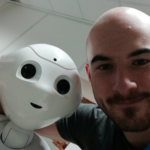
Post-Doc

Post-Doc

Research Assistant

Research Assistant

Research Assistant

Research Assistant

Research Assistant

Student Staff
We are looking for a post-doc to join our team, see details here
IT Services
Contact
Favoritenstrasse 9-11
2. Stock (Stiege 3)
1040 Vienna
Austria
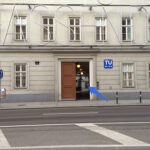

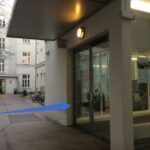

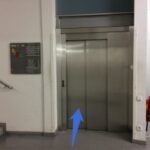

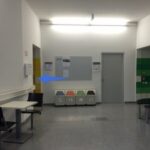

Contact Person:
Office Services
Kristin Claire Gerona
EMail kristin.gerona@tuwien.ac.at
+43-1-58801-1934xx
